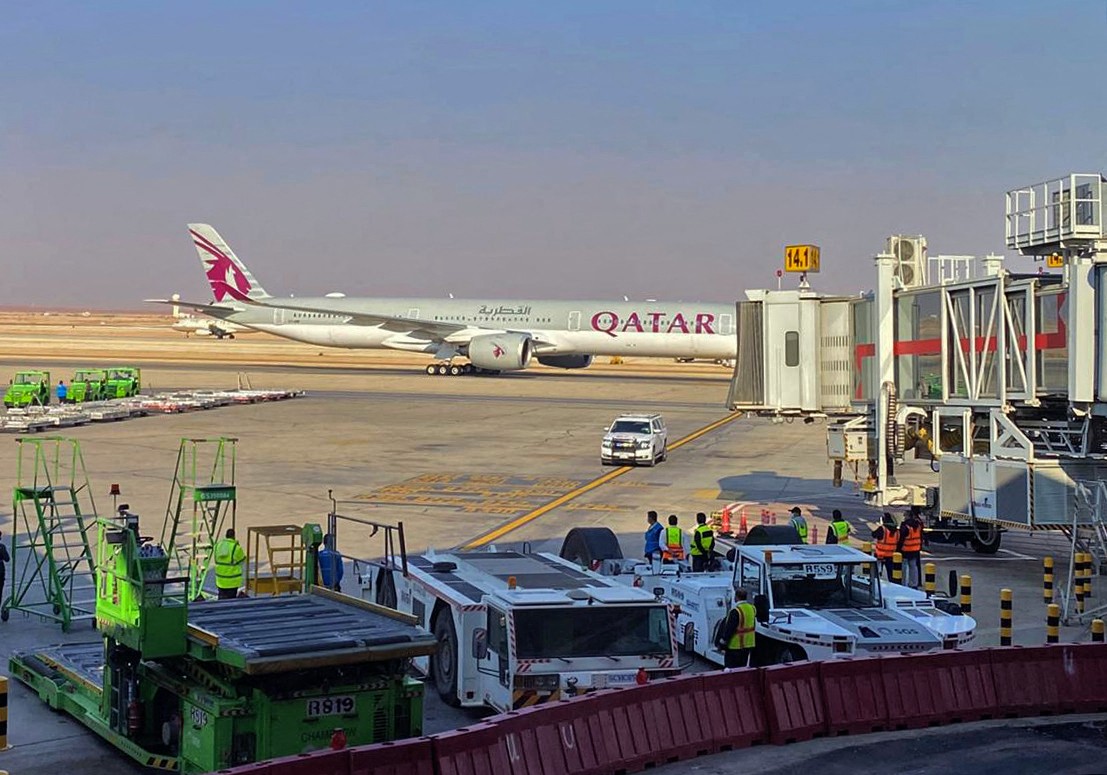Riyadh, Saudi Arabia – King Khalid International Airport in Riyadh secured the top spot in the category of airports with more than 15 million passengers annually, with an 82% compliance rate. Following closely behind was King Abdulaziz International Airport in Jeddah at 82%.
This was revealed in the report issued by the General Authority of Civil Aviation (GACA) report on the performance of domestic and international airports in Saudi Arabia.
Airports are assessed based on 11 operational performance standards, which align with strategic objectives to enhance services and ensure a seamless traveller experience at Kingdom airports. The report highly ranked King Khalid International Airport, Prince Mohammed bin Abdulaziz International Airport in Madinah, Abha International Airport, Al-Ahsa International Airport, and Gurayat Airport.
GACA categorizes airports for performance evaluation based on annual passenger numbers, ensuring a transparent approach.
Prince Mohammed bin Abdulaziz International Airport tied for first place in the category of international airports serving 5 to 15 million passengers annually, with a 91% compliance rate. King Fahad International Airport followed with an 82% compliance rate.
In the 2 to 5 million annual passenger category, Abha International Airport and King Abdullah bin Abdulaziz Airport in Jizan demonstrated a 100% compliance rate. However, Abha International Airport outperformed King Abdullah bin Abdulaziz Airport by surpassing higher targets in the specified evaluation criteria.
In the category of less than 2 million passengers annually, Al-Ahsa International Airport achieved a 100% compliance rate, outperforming its competitors regarding average waiting time for departing and arriving flights.
Gurayat Airport came first in the domestic airport category, with a 100% compliance rate. It outperformed all competing airports regarding average waiting time for departing and arriving flights.
GACA evaluates airport performance through operational performance standards focused on critical passenger touchpoints. These include check-in, security, passport control, customs, baggage claim, and assistance for passengers with reduced mobility (PRM). These metrics ensure a seamless and efficient travel experience for all passengers and are aligned with international best practices.








